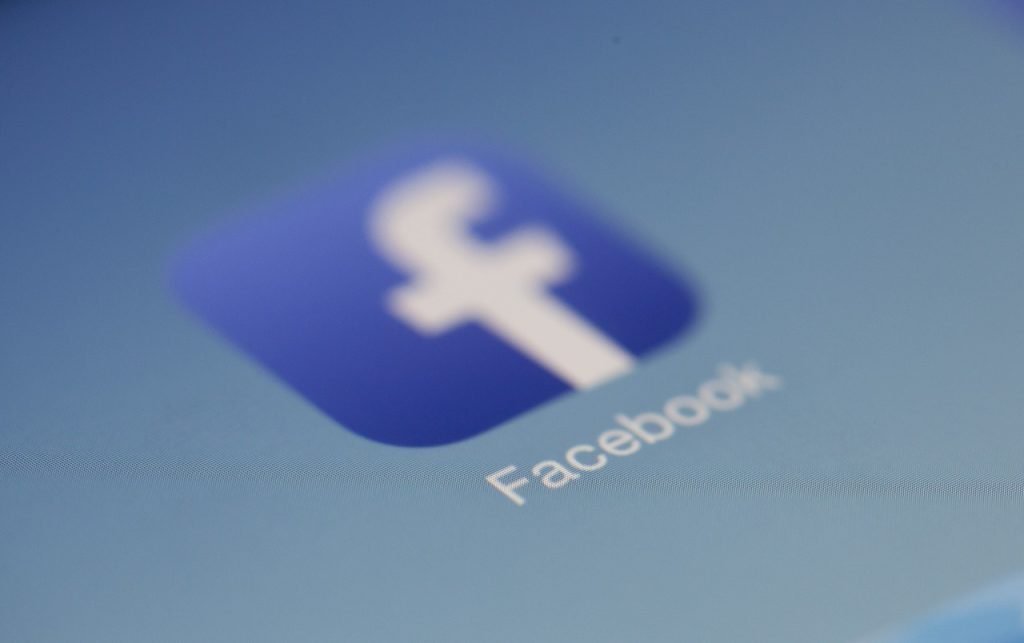There is a general believe that they do because your feed begins to show whatever you speak or think about.
Is Facebook listening your conversations? This is a legitimate question. Yet, there is more to it what we may not know even imagine. What they are doing is much more effective!
Actually, it is all based on the Facebook’s software. Their software is a super human in itself with advanced artificial intelligence employed by the company. Facebook’s two most valuable pieces of software on earth are:
- Facebook Pixel
- Facebook Newsfeed
So, you may wonder how $FB is worth more than $400 billion while Twitter is less than $30 billion. Well, these two pieces of software are your answer.
What is Facebook Software?
As discussed, Facebook Software is in two different components.
Facebook Pixels
The Facebook pixel is a tiny piece of code that nearly every website/mobile app on the planet has embedded. It collects anonymized data for Facebook to aggregate: websites visited, how much time was spent, did you buy or not, etc.
Facebook Newsfeed
The newsfeed algorithm looks at that as a signal along with hundreds of other data points like age, friends, what you click on, and even where you post to determine which ad to place in front of you.
All of this is done in aggregated groups. Not personal/specific to you.
How Facebook Algorithm Works?
When it works: right message in front of right person at right time and everyone wins. A brand finds a new customer. You find a product you want. Facebook makes money. You get value from it all the time. You’re shopping for a mattress. You go to Casper’s website. Then back to Facebook or Instagram. You start getting ads for other mattress companies and even a mattress comparison site. You find the right choice, you buy!
Is Facebook listening your conversations?
So, back to Facebook listening to us. They have a way more effective and smarter system.
If you are having lunch with someone, the Facebook systems can figure it out (still anonymously of course).
How? Our devices were near each other for about an hour at neither of our houses around lunchtime. Facebook knows the last 10 websites each of us visited. (This is all done based on device codes not our names/personal info). It bets that we talked about a few of these websites. It also leverages a common bias in our brains. A cognitive bias known as the Baader–Meinhof phenomenon AKA the frequency illusion. You know how when you buy a new item like a car/computer/shoes, you immediately notice it everywhere.
It’s not that it’s gotten more frequent, it’s that your brain is more aware of it. Your brain is picky on what it allows you to pay attention to. This bias makes you think things are more frequent than it truly is. In short, you only notice the ads from your conversation. So after lunch, it shows us each ads based on the other person’s browsing history. We didn’t discuss 9/10 of the websites the other person visited so we don’t even notice that. But the 1 we happened to discuss JUMPS out at us. And we conclude: Facebook has been listening!
In reality, they use tech, data and tools available to most mobile apps and some smart probabilistic modeling plus know about the frequency illusion. They do not listen.
Is it possible to listen conversations?
Yes, it is fully possible. The tech companies host giant infrastructure with your phones connected to their systems at all times. Yet, just imagine the computing power required to constantly listen would kill your phone in less than an hour. Also, it would require Facebook to hack apple/google devices microphones (extremely unlikely). Even though it may feel creepy at times, the result is good: more relevant ads which improve the experience for everyone!
Before you judge, remember this super smart algorithm helps consumers discover new products every day. And helps millions of small business owners grow their businesses every day. It’s become a crux of the internet economy and digital marketing.
So, that’s the rundown on why it seems like Facebook is listening when they are not!




